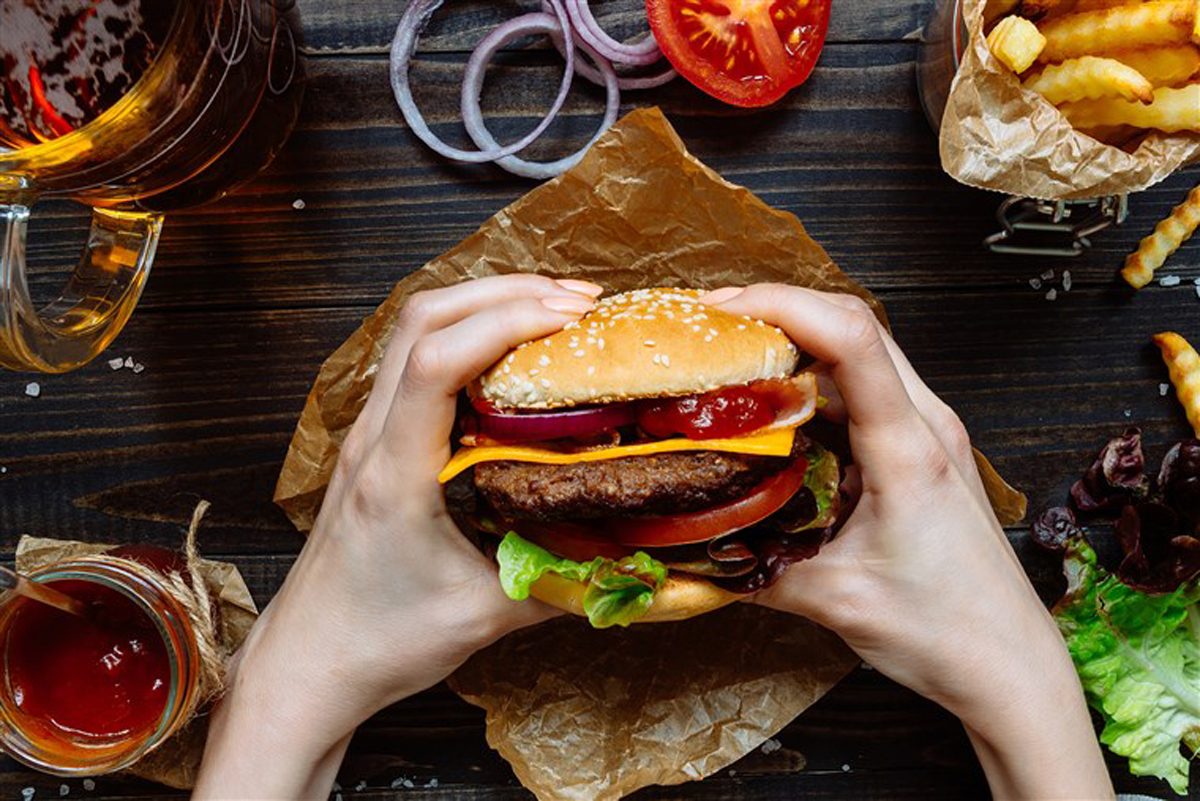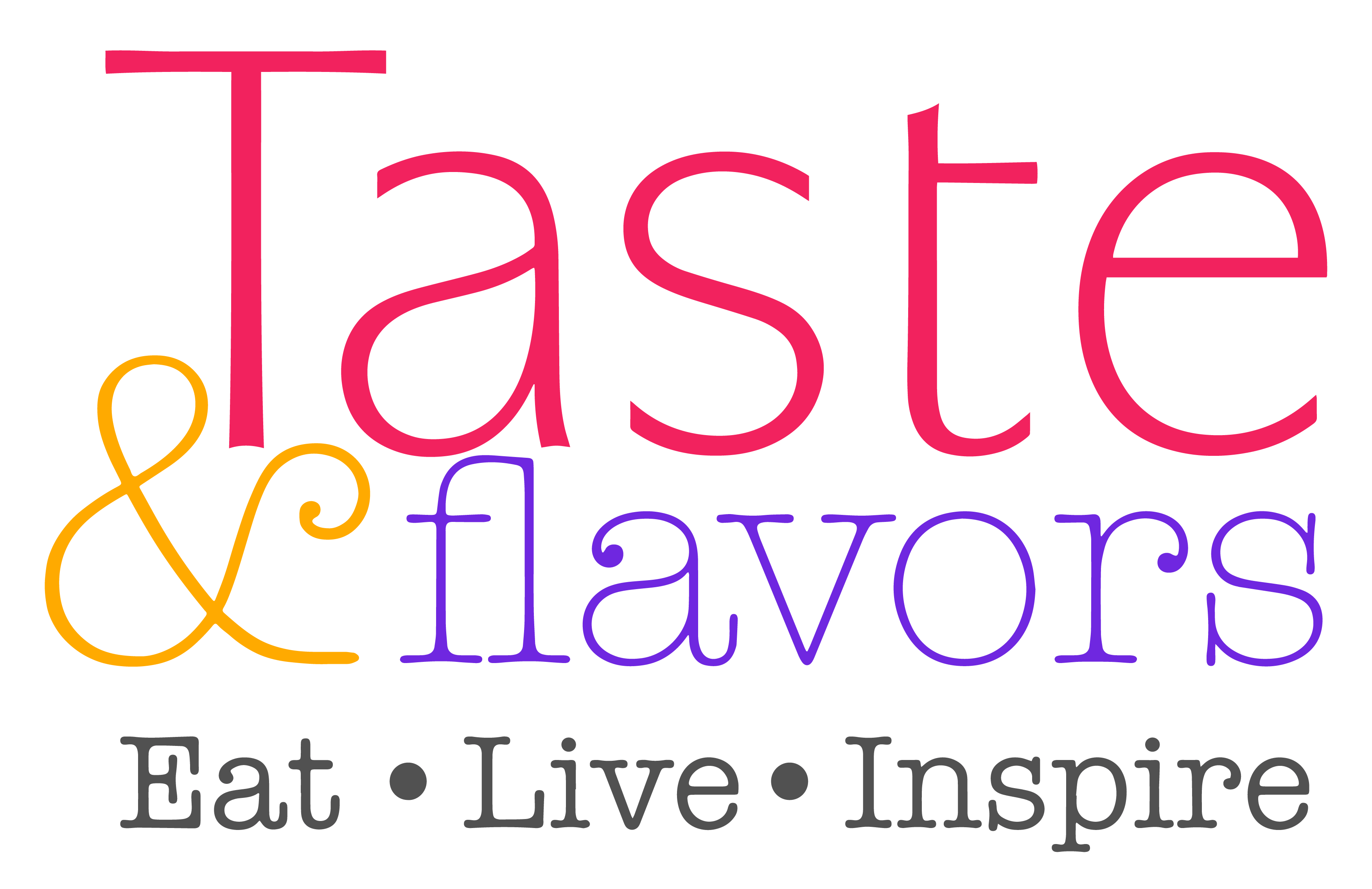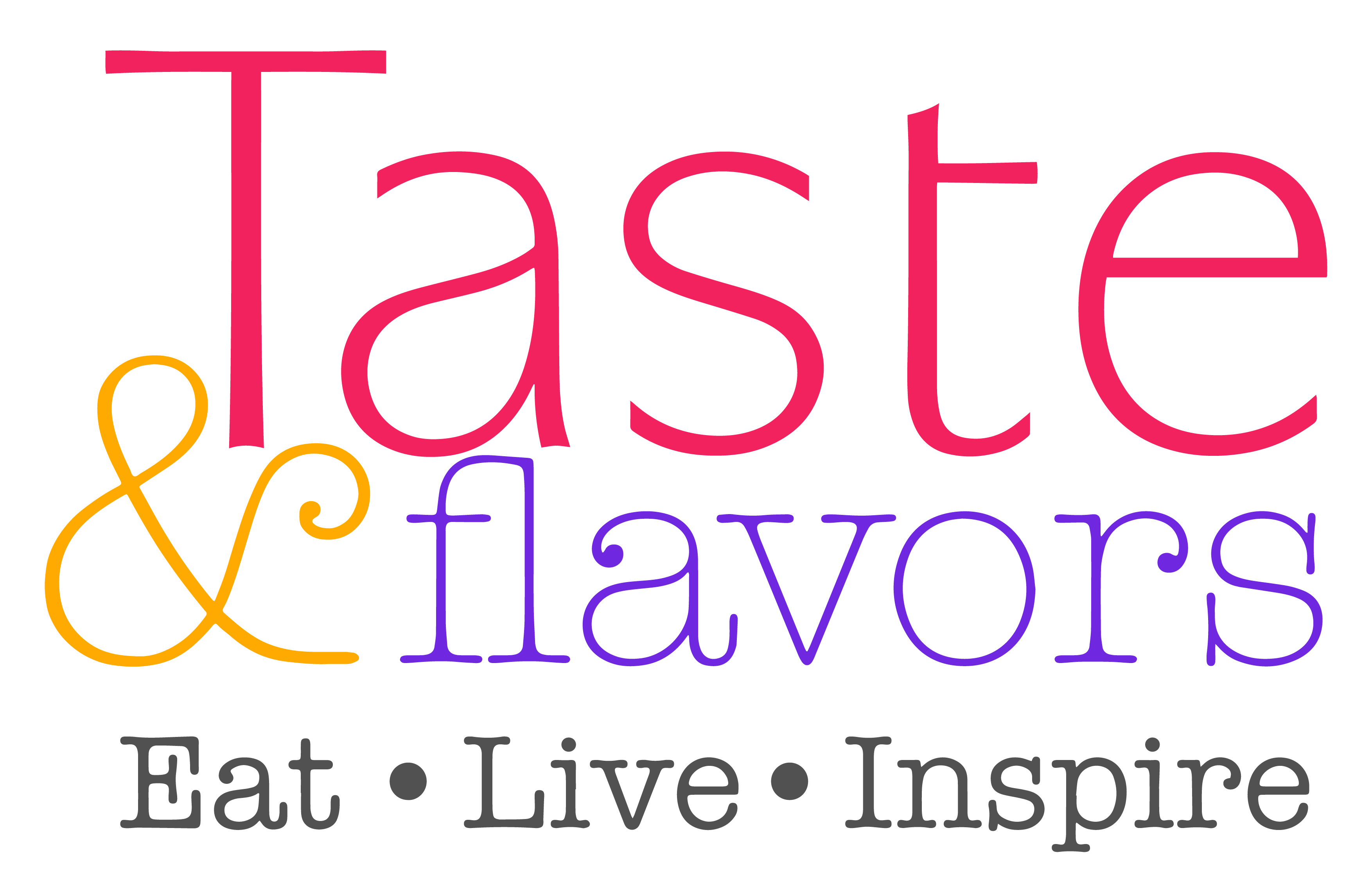WHY YOU SHOULDN’T GO ON A DIET: THE ANTI-DIET APPROACH
by Huguette Abou Khalil
There’s a reason why you’ve never been able to stick to your diet for very long, and it has nothing to do with willpower. Huguette Abou Khalil from Mind Body Nutrition Clinic joins us to discuss the dark side of diet culture and introduces a fast-rising movement in nutrition: The Anti-Diet.

“Anti-diet” is an approach that came out after diet culture became the vogue and dieting became a worldwide trend. When people think “diet,” it is usually associated with weight loss. For nutritionists, diets – or food plans – focalize around health; making sure the client/patient is consuming adequate food for optimal health, taking into consideration any and all conditions they may have. It is not solely about weight, dietitians also work on treating medical illnesses with food (medical nutrition), as well as mental illnesses (mindful nutrition).
The anti-diet came in response to the rising obsession with “dieting” and losing weight, where a rising number of people who do not even need to lose weight are going to extreme measures to lose a couple of kilos, which has been leading to a direct rise in eating disorders and disordered eating behaviors.
DO WE REALLY NEED TO LOSE WEIGHT?
Not all people need to lose weight even if we have a small amount of “excess” weight, because about 70% of a person’s weight is genetically pre-determined. This is why we cannot force the body to go into a drastically different weight than it is supposed to be at. The anti-diet approach argues that there is no “ideal” weight for a person; there is a set weight that is genetically determined, so one essentially gets their weight from their parents.
As for food, the anti-diet does not work on caloric restriction, but – more importantly – it doesn’t restrict or deprive of any food group. Anti-diet and intuitive eating go hand-in-hand, in that we eat whenever our body’s intuition tells us to do so. Take the example of a small child or infant; a perfect example of intuitive eating: a child will only eat if they are hungry, and that can be seen from their behavior (crying when hungry, closing their mouth and refusing food when full). Physiologically speaking, we have hunger and fullness signals in our bodies that typically tell us to eat every 3 to 4 hours for instance.
That being said, intuitive eating is not about eating because “I have to eat every 3-4 hours;” it’s more about eating “when I’m hungry, and that happens to be every 3-4 hours.” The intuitive eating approach also works on silencing the food police in one’s minds that tells them how and what to eat or not to eat. It allows people to eat whatever they want; no food restrictions whatsoever.
This doesn’t mean that people shouldn’t focus on eating healthy, nutritious foods and pursuing healthy habits; it only lifts the fear-mongering restrictions that the diet culture has instilled in their minds. If you want some chocolate, eat some chocolate, because the more you deprive yourself of something, the more you will crave it, and ultimately the more of it you’ll have.
No one has to be “unhealthy” all the time, and no one has to be on a diet all the time; it’s about listening to your body’s needs and intuition and eating all kinds of foods in the appropriate moderations.
In the case where someone truly needs to lose weight due to a condition they might have, we will prescribe a food plan. However, this said plan will still include all varieties of foods, even some pleasurable foods like fries or sweets.
WHAT’S HAES?
HAES (Health at Every Size) is a movement that argues that you can be healthy no matter your weight. You can meet a lot of obese people who are, medically-speaking, very healthy, with very clean blood tests.
Bodyweight is not a direct indicator of health; if you look at bodybuilders and power-lifters, they are typically over the “recommended weight,” yet they are healthy. Size isn’t an indicator either, because we can’t tell what that extra size is made of – overweight people could have more muscle than the average person, but it just isn’t noticeable.
When it comes to fat, we care about the visceral fat that is located between the organs.
ANTI-DIET = ANTI-HEALTH?
But diets aren’t healthy to begin with! We’ve been seeing very unhealthy trends on the diet market nowadays such as “gluten-free” and “keto” diets, and very low caloric diets. If you think that the word “diet” makes it healthy, I have some bad news for you.
Diet does not equate health. This is why you see some larger-sized/obese people with very healthy blood tests and some thin so-called “healthy” people with a plethora of health issues like cholesterol, triglycerides…etc.
Health = eating everything you want in the right moderation, not depriving yourself from anything, and having a good, mindful relationship with food.
It’s all about balance, because the excess of any food, “good” or “bad,” is unhealthy to the body. That being said, there is no such thing as good and bad when it comes to food – food is food. If I drink water excessively enough, I might end up in a coma; if I increase my protein intake enough, my kidneys will fail. I personally see the 80-20 ratio as the best way to view food: 80% healthy and nutritious, and 20% that does not necessarily qualify as “healthy” but brings me a lot of pleasure.
HOW & WHY ANTI-DIETS WORK
It’s not that it is working per se. It has more to do with people feeling like they are failures because they are failing their diets, when in reality it is the diets that are failing them. The more people are dieting, the more they notice that it is not sustainable long-term. Not eating any carbs at all and having salads most of the time is not a lifestyle; it is, in no way, sustainable.
People are starting to become aware that deprivation only leads to stronger cravings, and that yo-yo dieting is not the way to go, because it will only lead to gaining back the weight, and then add on some more. Diets haven’t been around very long, and people are starting to realize that they put them in physiological starvation, so they’re transitioning to the anti-diet approach.
DIETING PITFALLS
The anti-diet approach is healthier for the mind. It is mentally draining to keep all of the food rules in your mind and constantly remind yourself that you are forbidden from eating certain foods. The thought of knowing that you can eat that piece of chocolate, even if you are choosing not to eat it because you don’t feel like it, is much more soothing to the mind. People don’t need more stress in their lives.
Also, diets create what we call the “Last Supper Syndrome,” where you are allowed to have a “cheat meal/day.” This is where we typically see people eating copious amounts of food and going way above their daily caloric capacity because they are starving and depriving themselves during the week. These kinds of episodes are usually followed by a shame spiral where people will start feeling very guilty.
What most people don’t realize is that, had they had that piece of chocolate when they first craved it, they would likely not be binging on large amounts of it during the weekend and shocking their already-deprived bodies with these high amounts of food.






